Balancing the survival of the tourism industry and ensuring the safety and livelihood of citizens during the pandemic has been a difficult task for the Caribbean. Especially since the sentiment “We live where you vacation” has become a controversial one.
As of Feb. 22, there have been 514,640 coronavirus cases in the Caribbean, Loop News reports.
In the most recent February report, the Center for Disease and Control and Prevention (CDC) stated that, “Travel can increase your chance of spreading and getting COVID-19. Postponing travel and staying home is the best way to protect yourself and others from COVID-19.”
Caribbean leaders have struggled to balance tourism and the pandemic, and people in the tourism industry have faced difficulty at work between keeping safe and catering to guests.
Should tourists come? What locals think about foreign travelers right now
Lina, who works in the tourism industry in Barbados and requested for her last name to not appear in print, is a part-time student at the University of the West Indies. She said if she had to travel, she would avoid high risk countries.
“If you’re coming from a high-risk country and you decide to go on a trip to anywhere, I think that is a bit selfish of you to do that,” she said.
When Lina has to remind tourists to put on their masks, many give excuses as to why they can’t wear one.
“I had a gentleman come to me one time, he was saying that he’s asthmatic and he can’t wear his mask because he’s asthmatic,” she said.
“I’m like, you can’t be for real? Because I know people that are asthmatic that have to wear their masks. So what is going to happen when you have to go back to the U.K.? When you have to go through immigration and the airport, you’ll have to wear a mask,” she continued.
In December 2020, American tourist Skylar Mack was sentenced to four months in jail in the Cayman Islands for breaching her 14-day quarantine to watch her boyfriend Vanjae Ramgeet, a professional jet skier compete, according to People.
Dr. Gilbert Morris, a Bahamian economist and advisor to the former Minister of Foreign Affairs of The Bahamas, senior economic advisor to the former Minister of Finance of the Turks and Caicos Islands and professor at George Mason University, believes the pandemic will exist for a long time, and that it’s important to normalize how laws are being applied now.
Although tourists contribute heavily to the economy, Morris does not think they should receive relaxed punishments if they break the law. Moss agreed.
“I feel as if everyone should be held to the same standards because at the end of the day, the law is the law,” Moss said.
Tik Tok star Noah Beck, received heavy backlash from fans after vacationing in the Bahamas during the Christmas and New Years holidays.
In response to the backlash. Beck said, “It is what it is,” and, “I think, especially the business we’re in, it’s, like, you need some time to kind of disconnect for a little. It was just a little trip to get away,” Insider reported.
When asked about his views on tourists feeling that they are deserving of taking vacations during the pandemic Moss said, “I feel as if it is a very ignorant view on the situation. Because you have survived to this point [does not] mean you should start living life recklessly.”
Jamaican Marjorie Allen, a part-time lecturer in the hospitality and tourism management program at the University of Technology, said traveling is therapeutic for some during these abnormal times.
“I think people are trying to find some sort of normal, something comfortable. If things allow, why not? I think I’m also sympathetic. I do understand the need for people to get away from their situation sometimes,” Allen said.
According to Allen, if they have the money and are willing to adhere to the protocols, it can be acceptable for them to vacation in the Caribbean.
“I’m not upset with anybody who wants to come, as long as they don’t cause any outbreaks,” she said.
Lamont Moss, an 18-year-old Bahamian attending the University of the Bahamas doesn’t think it’s selfish to travel during the pandemic, “as long as you test negative for the virus.”
“At that point, you’re traveling at your own risk,” Moss said.
While Moss has no plans to take a vacation this year, he does intend to to travel to a university abroad in August.
Keeping Caribbean economies afloat during decline in tourists
As borders began to reopen in mid-summer of 2020, many Caribbean citizens were wary of what the outcome would be when tourists began traveling to their countries. This created, if not increased, anti-tourism sentiments among some Caribbean people.
“Initially, a lot of Jamaicans were very upset with the reopening of the borders, too soon we thought because all of these people are coming in,” Allen said.
The majority of Jamaica’s tourists are from the U.S., Canada and the U.K. But according to Allen, there are not a lot of tourists entering the country during the pandemic.
“Those countries are struggling with the pandemic as well,” she said. “There are either people who aren’t working, people who have lost family members and people who are sick.”
With record-breaking low numbers of people traveling to the Caribbean, many people on social media have called for their governments to invest in other industries in order to keep their economies afloat.
Morris believes the current model of tourism in the Caribbean is “a terrible model,” and has only survived during the pandemic because money has been pumped into it.
“Our economic model does not allow us to choose rolling out vaccines over reviving the tourist market,” said Morris. “Failing to reposition the tourist market for an entire year meant high unemployment, loss of 80% of national income, higher deficits and increasing debts.”
When people argue to end the tourism industry, Morris believes they really mean to diversify it, which he said would bring about a lot of progress.
Rather than opting to create new industries, Morris said the Caribbean should invest in working towards operating at full efficiency within their tourism sectors.
“Tourism is a business model based on demands from abroad. The Bahamas, for instance, has some of the world’s most unique landscape,” Morris said. “We didn’t create that, but it generates a demand. So why would we abandon that demand to invent something that makes us competitive?”
In Barbados, although agriculture isn’t big, they are trying to push it more. Lina said she is certain there are other industries they could invest in, but lack of resources poses a problem.
“We should really update our society in the tourism industry and make a lot of things more digital,” she said.
According to Moss, he believes that there are other industries that the Bahamas could possibly look into, but is unsure which ones would be best.
“I think every Caribbean island in existence at some point has considered another form of earning foreign exchange… Trinidad is really good at it because they don’t need tourists, they have oil,” Allen said.
Lina said it isn’t a case where countries haven’t looked to find other industries. But, the Caribbean has made a lot of money from tourism using their natural resources.
“Perhaps in our [Jamaica] case we can do more agriculture, we certainly have the landmass…even within the Caribbean we could be a source of supply. So definitely farming and agriculture, we have a lot of land just sitting there not doing anything,” she said.
As for the future of the Caribbean’s economy, Morris said vaccines won’t have a large enough impact to reopen the economy until about 2022.
He wants governments in the region to heed his and others’ advice, which is to create reforms and make governments less centralized, digitized and more transparent while developing options. Options such as the Sovereign Wealth Funds to “improve citizens equity.”
“Caribbean governments — including and especially the Bahamas — did not use 2020 to reposition themselves. They are facing economic triage, which means they are likely to impose economic austerity measures, and raise taxes on their jobless citizens for their errors,” said Morris.
In March 2020, Morris suggested to Caribbean governments that they send Caribbean organic chemists and biochemists to labs around the world to assist in the vaccine development or conduct antiviral drug research.
“The idea was that as a small nation, getting involved early was a way of overcoming the disadvantage of small nations having to beg once vaccines were developed. The Bahamas, Jamaica and Barbados didn’t do that and as such, we are at the mercy of the larger nations,” said Morris.
Caribbean countries currently under the jurisdiction of the U.S., France, the U.K. and the Netherlands have already begun vaccinating their citizens. Some include the Cayman Islands, U.S. Virgin Islands, Aruba, Bermuda, Montserrat, Guadeloupe and Martinique, according to the Miami Herald.
Other islands, such as Jamaica and The Bahamas, have just recently gotten approval for their first rounds of vaccines. Barbados has been granted vaccines from India and each of those countries will begin vaccinating citizens by the end of February.


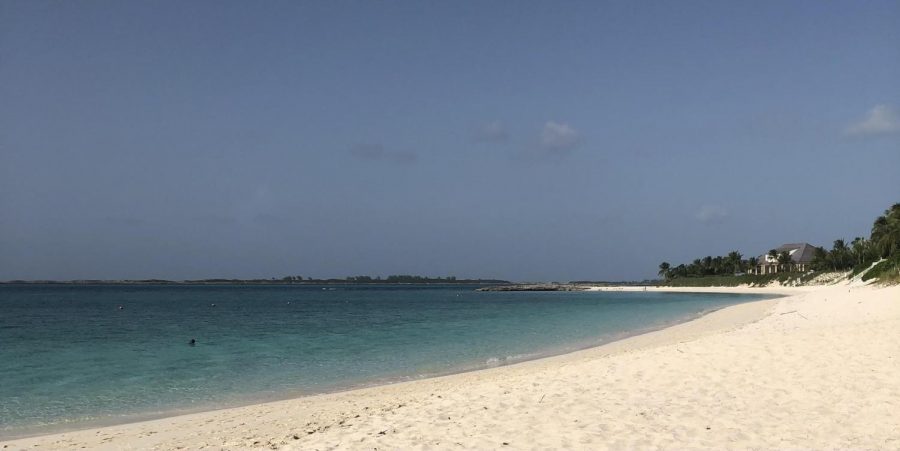
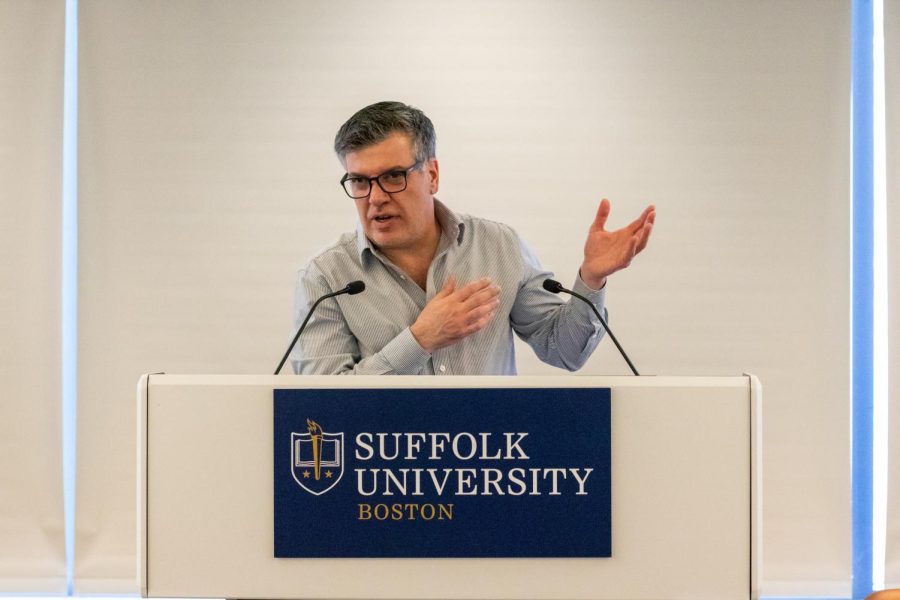
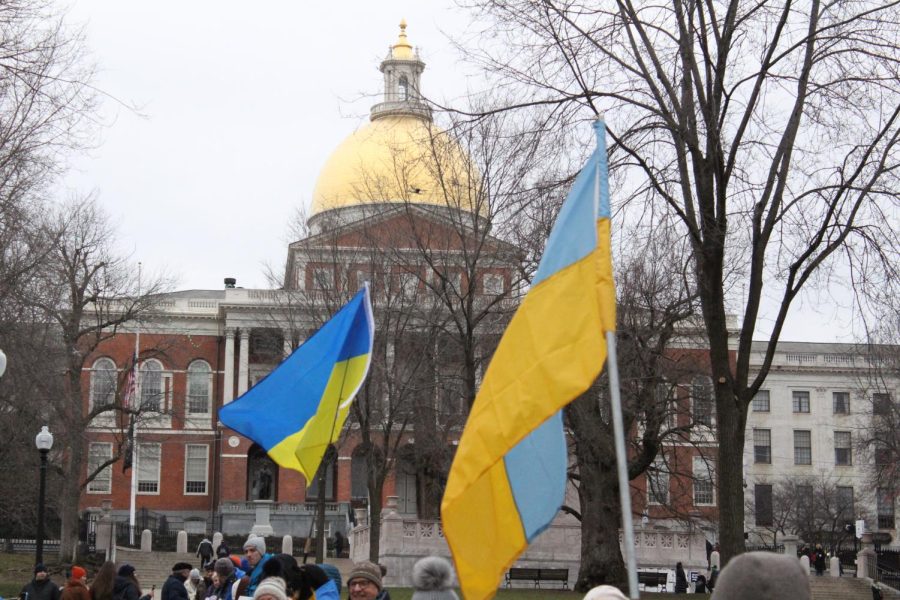
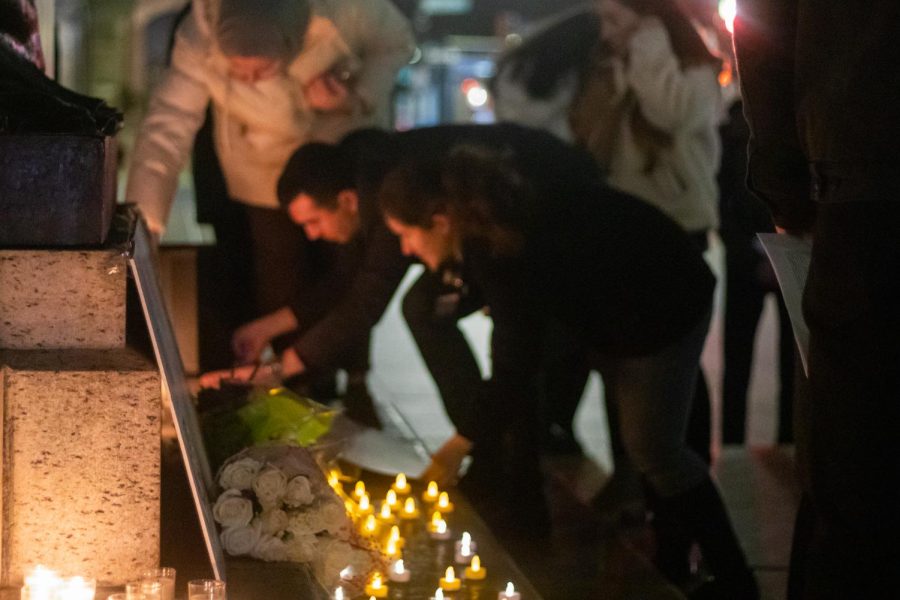

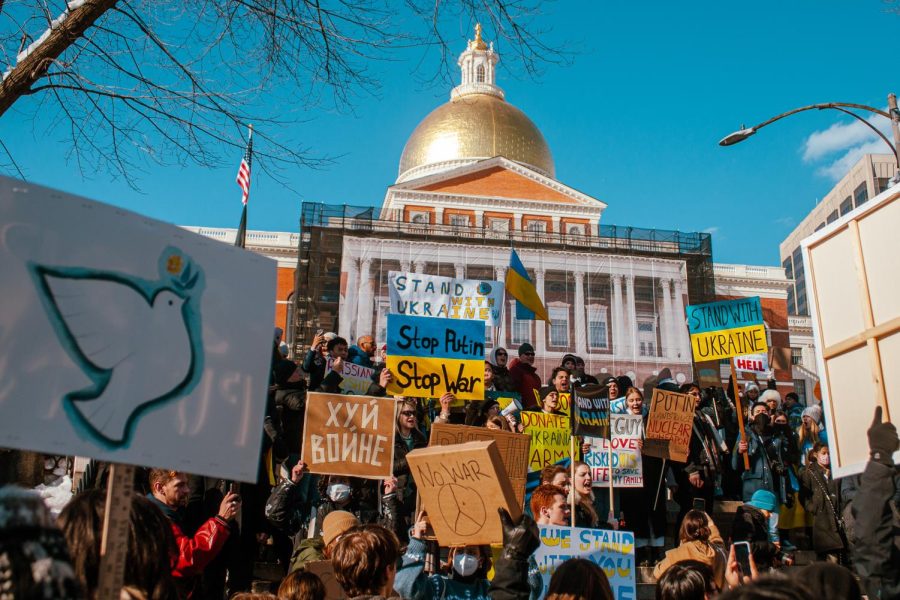

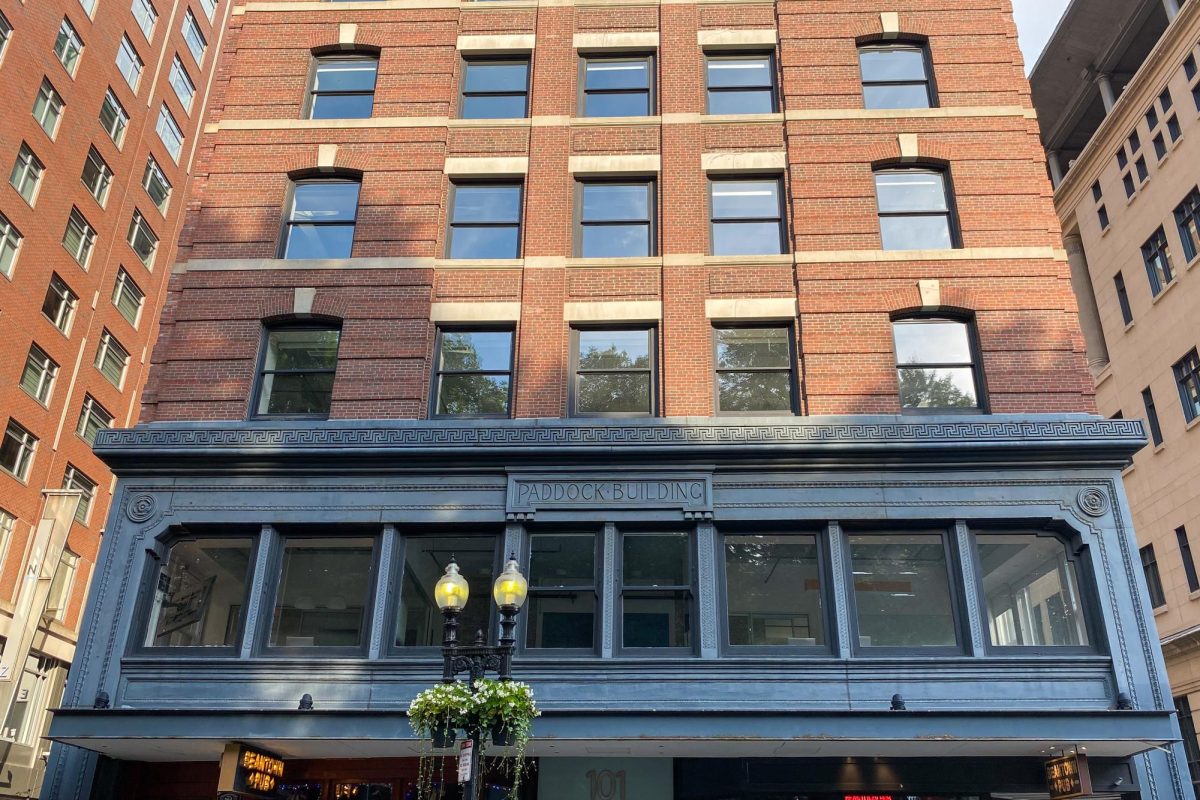


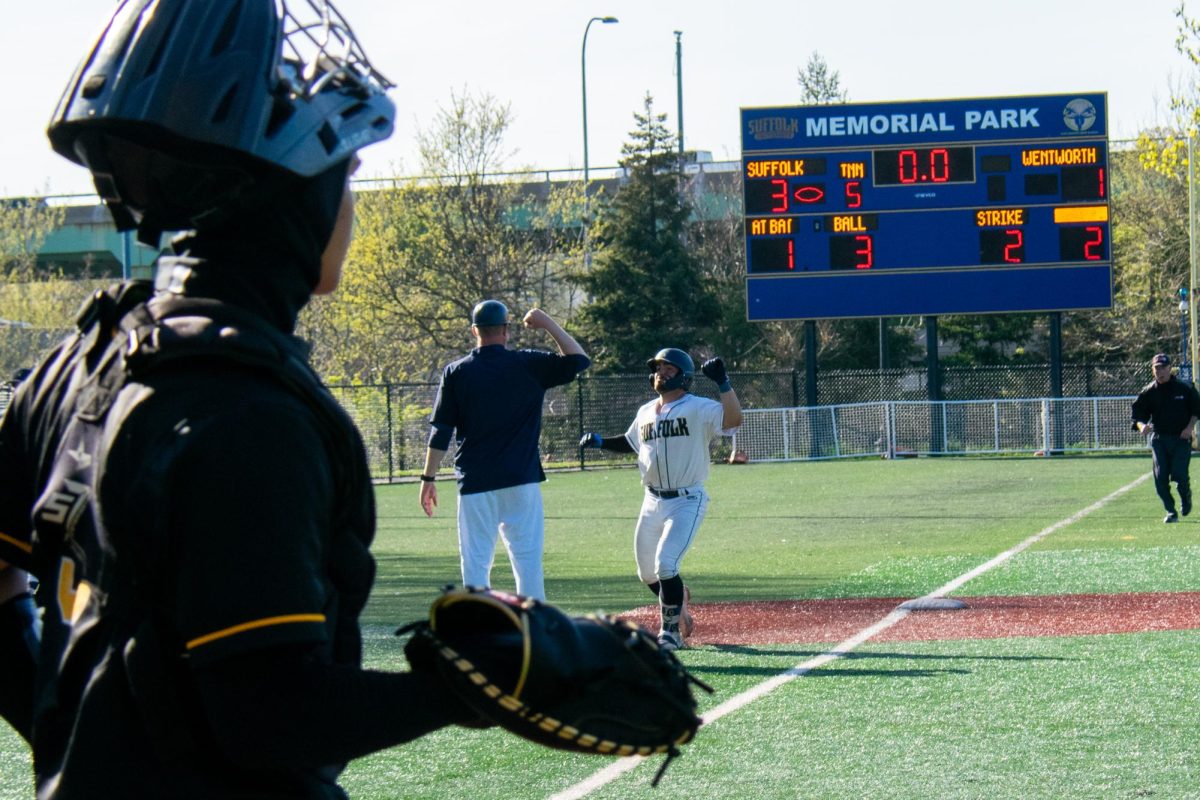

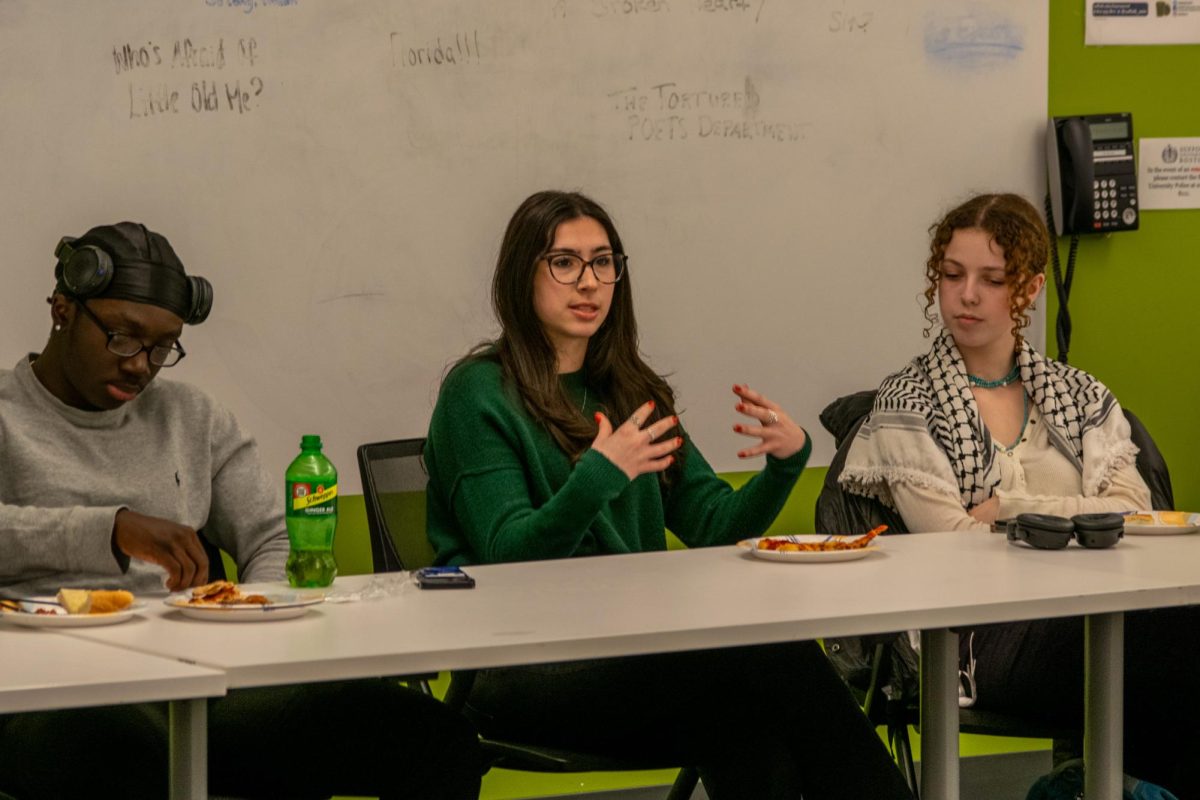



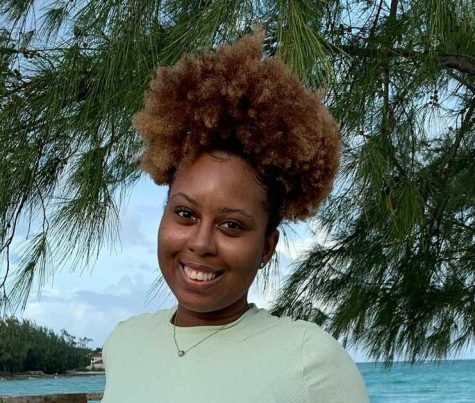
Ralph Birkhoff • Mar 3, 2021 at 6:47 am
Caribbean governments that have opened for tourism are begging for tourists to come back to support their local economy and get their people back to work. While they may have restrictive protocols in place for short term visits, they are all promoting long term stays and their digital nomad programs.
Economic diversification has been touted for decades but politicians only talk about it and do very little to implement it. It is only now that their tourism sector has been hard hit that they get back up on their soapbox. It will take private sector companies like ours to make a difference. For another perspective please read: https://www.linkedin.com/pulse/you-cant-eat-sand-ralph-birkhoff/